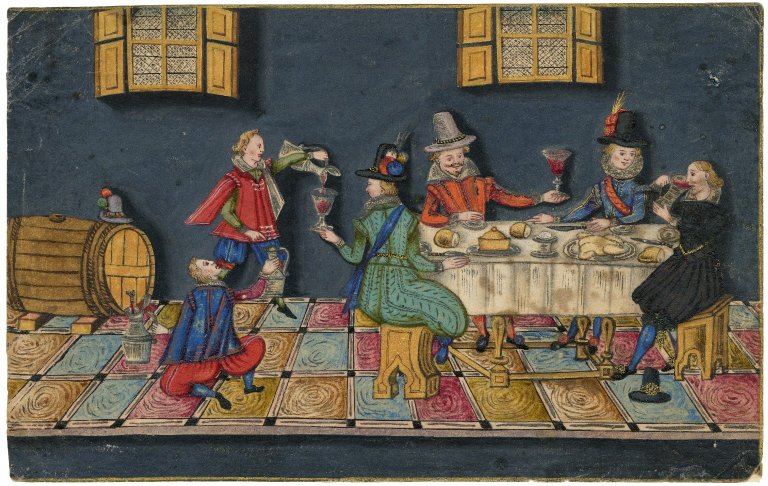
Source practicejack
It is imperative that as a time traveller you don’t do anything that could alter the past. Even our ancestors becoming aware of your very presence could be enough to cause irreparable damage to the space time continuum.
I have previously spoken about the possibility of a Time Travel Tourism Industry (here). It’s such a dangerous idea though (take note Richard Branston Pickle).
If you go on holiday it makes sense to be aware of the Laws, customs, etiquette and traditions of that country. It makes your visit more enjoyable and helps avoid any unfortunate brushes with the law.
Did you know, for example, that It is illegal to wear any camo in Barbados including clothing or any item containing camouflage material?
You would need to be a historian fully up to speed with the etiquette and custom of the period to avoid a social faux pas. And this wouldn’t just be embarrassing. There could be serious consequences to you for dropping a clanger here. For example, if you were in the Middle ages this could range from ending up in the stocks to a lengthy prison time (and prison time during this period would probably be a death sentence due to the unhygienic conditions). Hell, if you aren’t careful you could end up in a noose. And for god’s sake do whatever you can to avoid being accused of being a witch.
A Time Traveller hoping to blend in and avoid any trouble would need to consider what s/he wore, Would the clothing be appropriate to the time period? Are there any legal issues around the wearing of certain colours? The English sumptuary acts of 1463 go into explicit detail about clothing items which were reserved for those below the king’s status, putting restrictions on coat length and shoe height. In this legislation, the intention was to prevent men from acting as if they were from a higher class by way of how they dressed. The laws specifically stated that a man was to dress within the status in which he was born.
Time Travellers would also need to consider whether there are any restrictions on places s/he hoped to visit i.e. Curfews, Gender restrictions (can women attend)? They would need to be aware of any religious holidays and the impact these would have on their plans.
They would also need to think about who s/he spoke to and how s/he did so, Are there any restrictions on social interaction, (between social classes or genders for example)? Most Medieval people were peasants, over 90%, but the divide between peasants and nobility was very clear-cut. Clergy were also an important part of the social order during the Middle Ages, though they were not necessarily considered a separate class.
Bloody hell, this Time Travel Tourism thing is sounding like it will be more trouble than its worth.
No comments:
Post a Comment